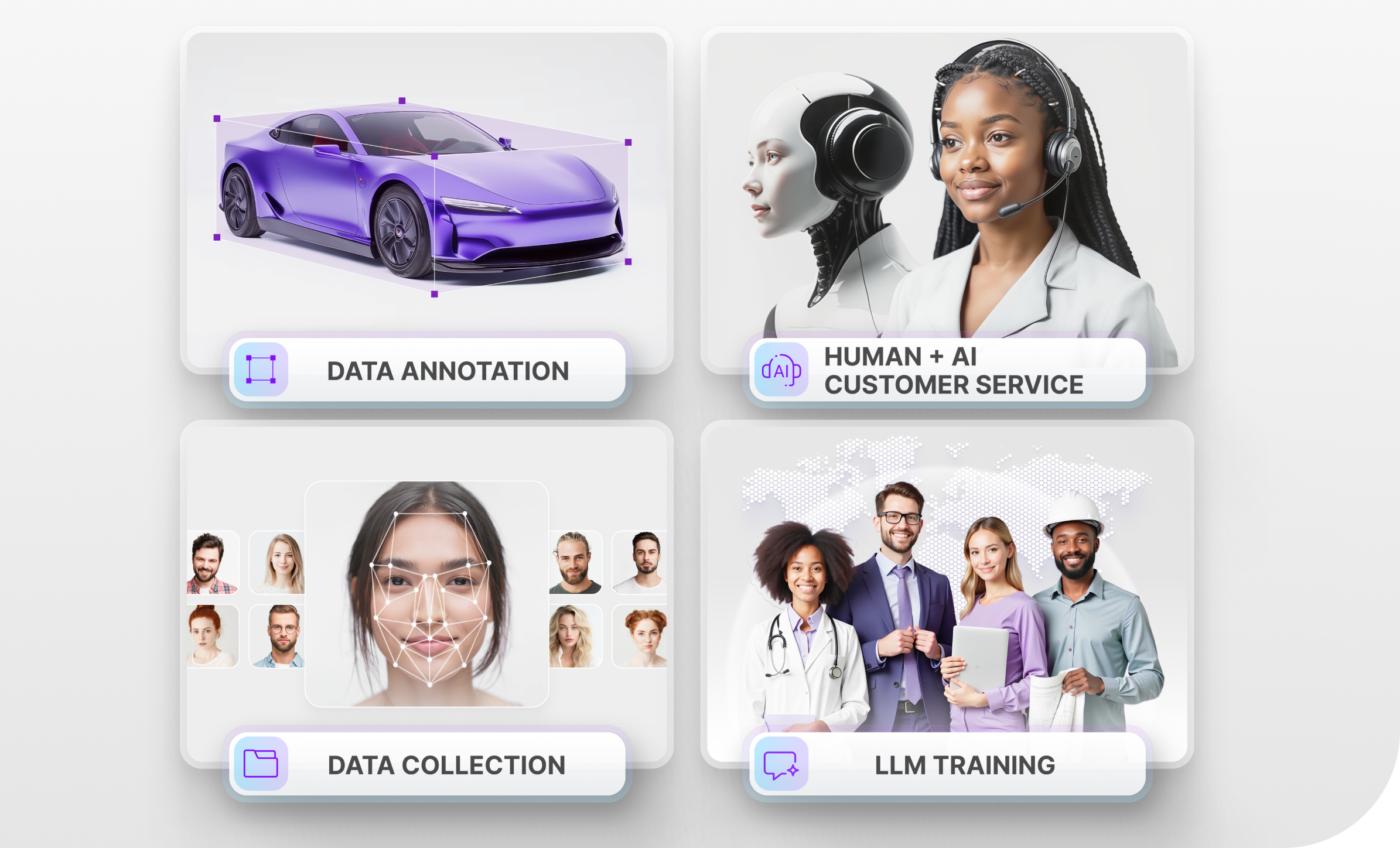The Impact of AI on the Future of Insurance
When we look at the insurance sector, human agents play a crucial role in areas such as underwriting, customer service, claims, marketing, and fraud detection. One of the biggest reasons for this is because only 1.33% of insurance companies are investing in AI compared to 32% in software and internet technologies according to a report by Deloitte. The good news is that both banks and insurance companies expect an 86% Increase in AI-related investments into technology by 2025. AI can help insurance companies automate a lot of manual processes involved in the areas mentioned above and pave the way for better decision-making since it can crunch a lot more numbers than human insurance agents. With all of this in mind, let’s take a look at how AI can assist insurance companies in fraud detection, underwriting, and claims processing.

Detecting Fraud Using AI
Insurance fraud is a big problem for countries all over the world. For example, in the US, the FBI estimates that the total cost of insurance fraud (non-health insurance) is $40 billion every year. This costs the average family in the United States between $400 and $700 per year in the form of increased premiums. AI is helping companies fight insurance fraud by collecting and analyzing large volumes of data about each claim. For example, in the UK, there was a large group of fraudsters who staged more than 120 accidents where they crashed cheap cars into very expensive ones like Mercedes, Range Rovers, and many others. The scheme was very elaborate because they even set up fake accident management companies that charged additional fees like towing and storage.
AI allowed the authorities to uncover this plot since it is able to cross-reference individuals and companies through internal and external fraud records, internet websites, police databases, and many other locations. By assembling all of this information, AI helped uncover this fraudulent activity a lot faster and helped the insurance companies avoid further losses.
Such text and sentiment analysis tools rely on datasets to train the algorithms to identify particular words and phrases associated with a particular person and also identify the context. Human data annotators would need to label the training dataset with data tags that help machines to recognize the crucial words in sentences making them more meaningful. In order to achieve the best results, you would need to annotate as much data as possible so the system can understand all of the nuances of written speech. Mindy Support has extensive experience in actualizing text annotation projects and we can assemble a team for you that will take this work off your shoulders.
Using AI to Enhance Underwriting Efforts
Just like in the previous example, AI can help companies speed up the underwriting process and make more accurate decisions. For example, if someone is applying for life insurance, there is a lot of health and financial information that needs to be analyzed to determine the amount of the premiums, company risks, and whether to provide or deny coverage. While it is possible for a human insurance agent to collect this information, it would be impossible for them to analyze all of this information let alone calculate the number of risks. Machine learning has pretty much unlimited capabilities in the amount of information it can analyze and it can help reduce premiums and lower the risks for insurance companies and potentially even eliminate fraudulent claims.
Processing Claims
As AI systems become more advanced, they can help insurance companies process claims faster, thus benefiting both the customers and the insurance companies themselves. For example, let’s say that there was a very powerful storm and as a result of the strong winds a tree fell onto a car causing thousands of dollars in damage. The owner of the car submits a claim to the insurance company. A claims adjuster would need to inspect the damage to determine the extent of the insuring company’s liability. Thanks to computer vision, this process is done a lot faster and with greater accuracy.
The latest advances in computer vision algorithms using deep learning are achieving interesting results in the classification of images, object detection, and image segmentation. The applications are still emerging, an increasing number of companies are starting to look at this technology as a way to make insurance claims processes easier and more efficient as one of the insurance industry’s biggest challenges.
Mindy Support is Provides Comprehensive Data Annotation Services
While AI can significantly reduce the amount of human involvement in various insurance processes, all of the AI tools require significant data annotation to train the machine learning algorithms. While this is a very time-consuming process, it is essential to the overall success of the project. Mindy Support is one of the largest BPO providers in Easter Europe with more than 2,000 employees in six locations all over Ukraine. Our size and location allow us to source and recruit the needed amount of candidates quickly and we will be able to scale your team without sacrificing the quality of the annotation.





